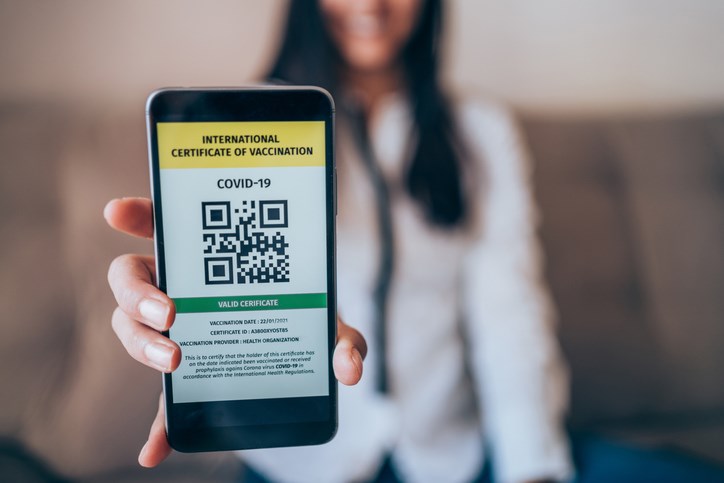We all want this nightmare to be over. We all want to go back to our normal lives, and we all want to be healthy. But what price are we willing to pay in our efforts to make this pandemic end?
In British Columbia, the latest group of people to be thrown to the wayside are those with complex medical histories and disabilities.
On Aug. 23, the BC government announced a vaccine passport. Everyone must show proof of COVID-19 vaccination to enter spaces such as restaurants, theatres, and sports centres.
Jarringly, there are no exemptions from the policy for people who can’t get immunized for medical or religious reasons.
The government is willing to punish medically vulnerable and disabled people through social isolation and exclusion in order to implement vaccine passports, a policy with questionable effectiveness at achieving the goal of ending the pandemic.
Let’s be clear: for most people, the data shows the COVID-19 vaccines are safe and effective at preventing serious illness. People who are able should make the decision to get vaccinated.
But for some people with complex medical issues, getting these shots is not an option.
The Canadian Constitution Foundation has been contacted by many people who cannot get vaccinated for medical reasons. These reasons range from things like adverse reactions to the first dose, to anaphylactic allergies, to complex autoimmune and genetic disorders.
The CCF has spoken with people who have had serious adverse reactions. We spoke with one young woman who developed heart palpitations following her first dose and was diagnosed with heart inflammation and a build up of fluid around her heart. Both are rare reactions linked to the COVID vaccine. Another woman developed heart palpitations and extreme dizziness following her first dose. She has since developed neurological complications and tremors. Her condition was reported to public health by her physician as an adverse reaction and she cannot get a second dose.
These people are not “anti-vax.” Quite the opposite. Both these women got vaccinated.
This is not intended to dissuade people from getting vaccinated, as these adverse reactions are extremely uncommon. But the rarity of these cases is a reason why these people should be accommodated in society. Instead, the government wants to treat them as if they are somehow unclean and must be punished and hidden away due to their medical conditions.
The failure to accommodate people who have medical reasons preventing them from being vaccinated is callous and likely unconstitutional. The government needs to create an exemption, or they will face a Charter challenge.
Of course, there are individuals who are choosing not to get vaccinated because they consume false information on social media and have bought into strange conspiracy theories. But people whose doctors have directed them not to get vaccinated aren’t wearing tin foil hats. They’re trying to stay alive. They’re making deeply personal trade-offs about their own health. The government cannot make these decisions for them.
The failure to create accommodations for medically complex cases, and the exclusion these people from parts of society, is completely unjustified. It’s unjustified because the government could easily accommodate these people, and because the risk posed by them is so low.
During the announcement, provincial health officer Dr. Bonnie Henry said “[t]hose rare people who have a medical reason why they can’t be immunized […] they will not be able to attend those events during this period.”
If Henry believes the number of people who will require exemptions is small, why not accommodate them? The risk could be posed by a small number of unvaccinated people who are allowed to be among fully vaccinated people is low, because the numbers are small.
Accommodation is easy and could simply be proof from a physician that the person cannot get vaccinated.
The government says the policy is justified since it’s temporary. But many COVID policies that were introduced as temporary are still here today.
Before this so-called temporary measure is made permanent, the government needs to make sure it will accommodate vulnerable people. Otherwise, they’ll need to defend their discrimination in court.
Christine Van Geyn is the Litigation Director of the Canadian Constitution Foundation, a Canadian legal charity that advocates for the fundamental freedoms of Canadians.


